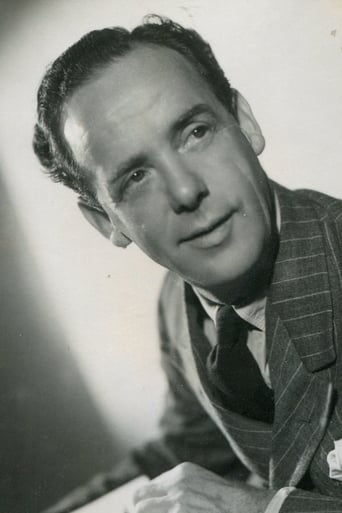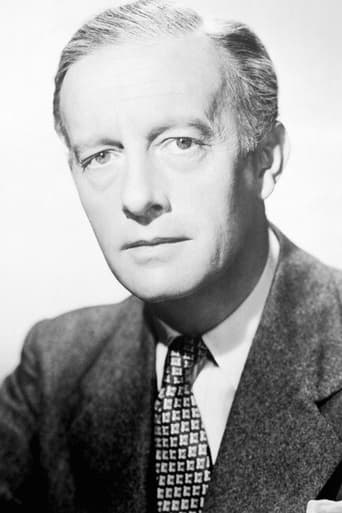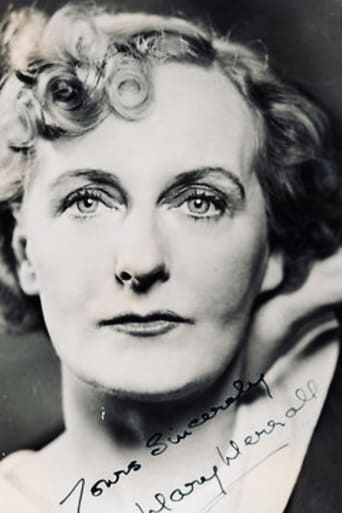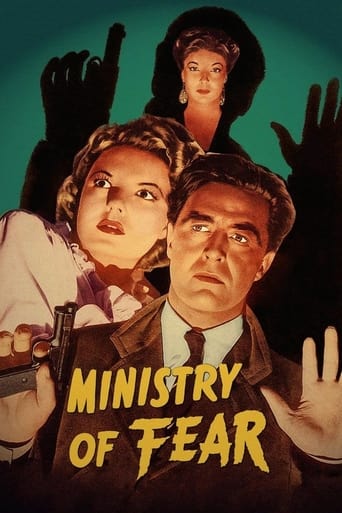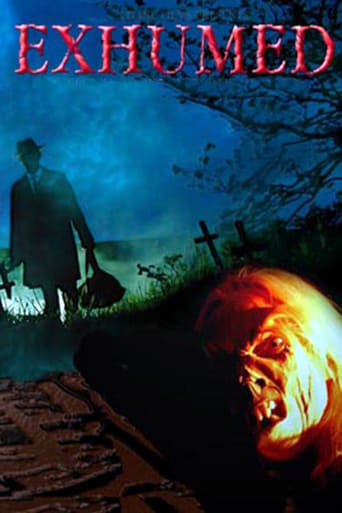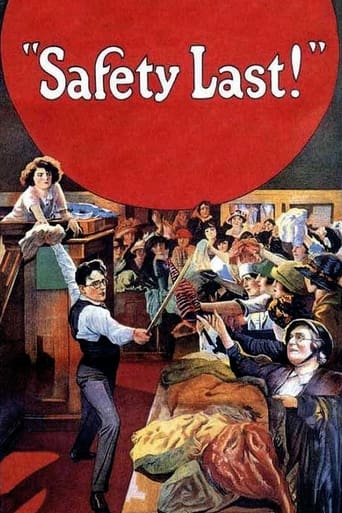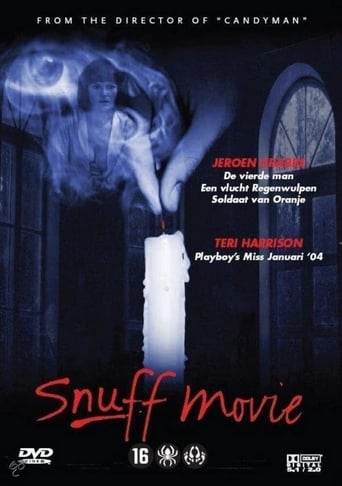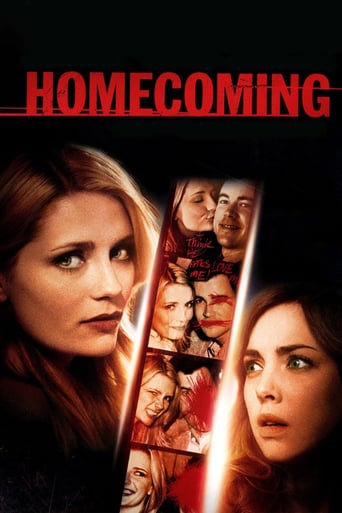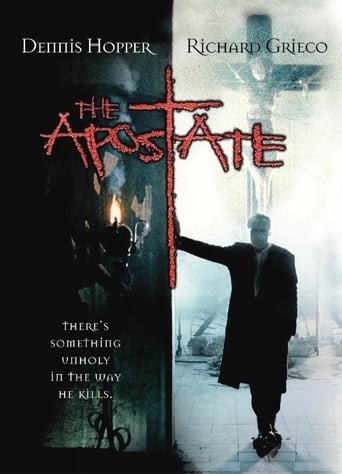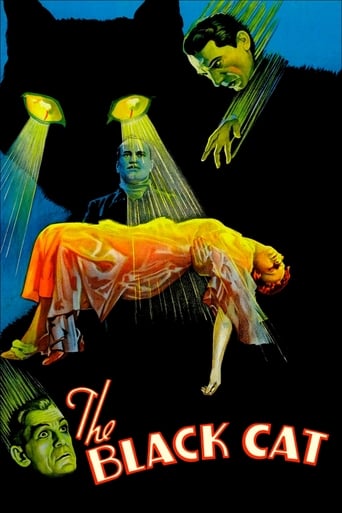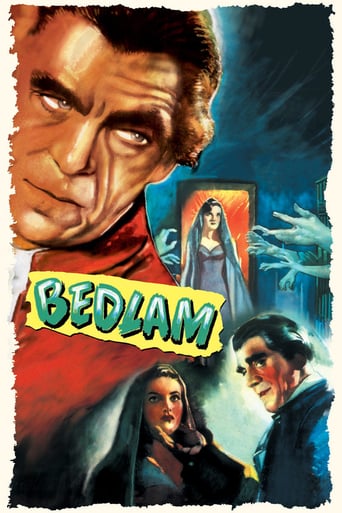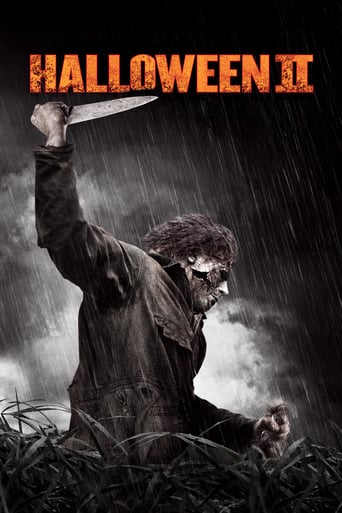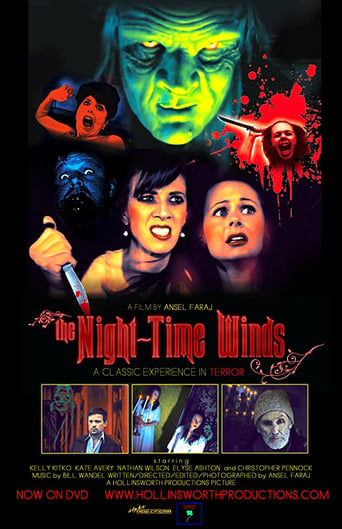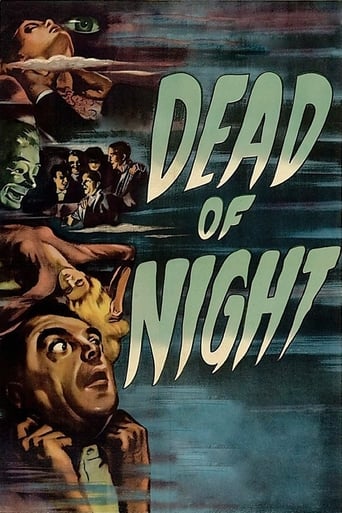
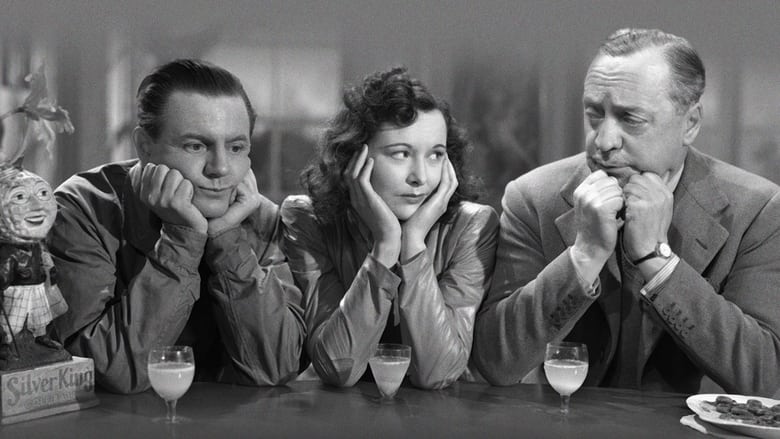
Dead of Night (1946)
Architect Walter Craig, seeking the possibility of some work at a country farmhouse, soon finds himself once again stuck in his recurring nightmare. Dreading the end of the dream that he knows is coming, he must first listen to all the assembled guests' own bizarre tales.
Watch Trailer
Cast


Similar titles
Reviews
This is a tender, generous movie that likes its characters and presents them as real people, full of flaws and strengths.
Good films always raise compelling questions, whether the format is fiction or documentary fact.
The best films of this genre always show a path and provide a takeaway for being a better person.
It is neither dumb nor smart enough to be fun, and spends way too much time with its boring human characters.
You KNOW a movie is good when you even stay and watch the end credits. But yeah, this film was made way back in 1945 and it still can creep the heck out of anyone. Make sure you avoid all spoilers for this because there is a little cherry on top that you want to experience with fresh wits about you. I put this film on my must watch list a few years ago after reading an article about the best scary movies of all-time. I recall that stupid article spoiling the end but luckily I forgot about it. So yeah, this review is spoiler free because the only way to watch this film, or the best way to watch this film is going into it knowing absolutely nothing about it.
Dead of Night is just something like a nightmare. Romantic, funny, mysterious and terrifying dream. I think in this film is not the point in watching the future but the premonition and despair. This is one compound of confusing psychological experience, sharing stories by several protagonists, and at the end the main protagonist of all the experiences connected to one fantastic nightmare climax. Witnesses chronologically contain foreboding and vision, love and hallucination, "spicy" section and finally jealous split personality. Attempted murder leads to hilarious dreamy swirl in which intertwine all recounted horrors individually.Michael Redgrave as Maxwell Frere left the deepest impression as mad ventriloquist. All the other actors are episodic protagonists who dominate in their sequences. Group of director and screenwriter made sure that every story has a frightening honest tone.
Such an entertaining movie! It grabs you pretty quickly in the beginning and keeps you captivated throughout the film. Great plot, story line, dialogue and great performances by all. Definitely worth watching. Michael Redgrave is one of my favorite British actors. Anyone see him in "The Browning Version"? Each character's relayed experience is so intriguing. My husband doesn't especially like old British movies. After the man started explaining about his dream and the real life similarities he was finding with the group of guests, he told me "Don't change the channel!" We were transfixed through the entire movie. Highly recommend this one and hope to see it again some time.
This British anthology film of "Twilight Zone" type stories (15 years before that famous TV series debuted) is one of Martin Scorcese's favorite scary films. After just viewing it this morning, I must say it is very odd that this quite effective and occasionally chilling horror anthology is the solitary attempt by Ealing Studios to make a scary movie.The trick of the movie (and if you haven't seen it, stop reading here if you don't want the magic of the film spoiled) is that it ends where the story begins; a perpetual reoccurring dream of an architect ensnared in its sinister clutches. However, once you examine the narrative, an obvious fallacy reveals itself.The nut of the matter is this: in order for the dream (and presumably, the film) to start up again in what we would consider "normal" reality, the architect, Mr. Craig, has to fall asleep in his bed back at home with his wife. However, during the course of the story's unfolding at Pilgrim Farm where all the house guests relate their tales of the supernatural, there is the sticky question of when it is that Mr. Craig falls asleep, and an even stickier question of how his body would be returned to his bedroom in the city.Therefore, the only feasible explanation left for us is that Mr. Craig never wakes up. In fact, when we see him waking up near the end of the movie, he is actually still asleep and only dreaming that he is waking up. But even this explanation seems wanting; why would this architect dream about all these strangers at a country farm he's never been to in the first place? Here is where the argumentative dialogue between the characters needs to be examined. With the exception of the psychiatrist, who represents the voice of reason and Newtonian cause-and-effect governing our reality, all of the other characters defend the architect's view that supernatural events sometimes impinge on our mundane reality. The only premise that makes sense to me, therefore, is that the film itself is holding itself up as a mirror to this pro-supernatural view, with the skeptical psychiatrist acting as a foil to generate the necessary tension. In sum, the key to opening this Chinese puzzle box is in recognizing that we the viewers, due to our willingness to suspend disbelief, automatically presume that Mr. Craig is an actual character. He is not. In a sly way, in his role as the "architect," he represents the film itself.As a post script, let me add that I think Stanley Kubrick must have seen "Dead of Night" and enjoyed it, for there is more than a bit of this dynamic psychological tension generated in his adaptation of Stephen King's "The Shining" (1980). For example, in "Dead of Night," one of the scarier tales concerns a mirror holding a separate spatio-temporal reality within its frame, a portal to another dimension; a narrative device Kubrick and his co-writer Diane Johnson make ample use of in imbuing the Overlook Hotel with a treacherous ambiance that ensnares its doomed protagonist Jack Torrance.Speculation on this film's influence on Mr. Kubrick aside, however, "Dead of Night" is wonderful entertainment and remarkably ingenious. My only regret is that I didn't get to see it late at night on TV as a boy, as many of the fortunate reviewers here on IMDb have delightfully related; I'm sure it would have scared the crap out of me, too. Mr. Scorcese, if you ever happen to read this, thank you for turning me on to this thought-provoking film!


